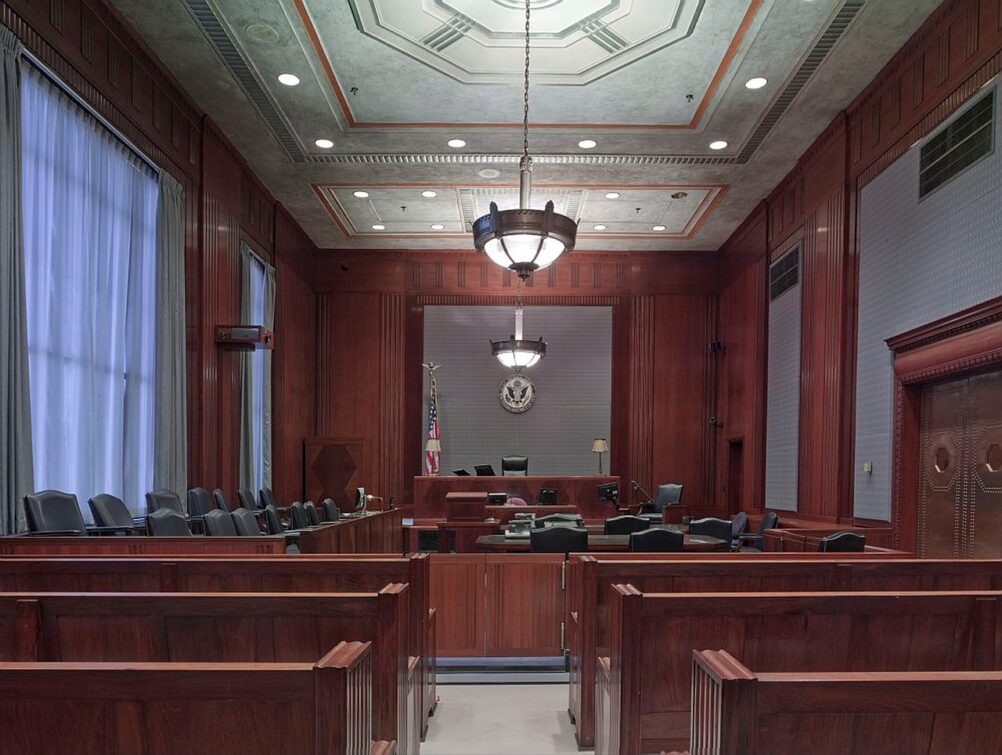by Marcela Musilek
AB-2460 Lowered Quorum in the Regular or Recall Director Election. (Civil Code § 5115 and Corporations Code § 7512)
Assembly Bill 2460 is intended to clarify the 2023 AB1458, which created a method of reducing quorum to 20% of the association’s voting power. Applicable to the regular or recall director elections, this bill eases the quorum restraints that previously prevented the election of new directors.
This bill revises Civil Code § 5115 and Corporations Code § 7512 and will mandate an association to provide a general notice to members indicating that the association may call a reconvened meeting to be held at least 20 days after a scheduled election if the association’s required quorum per its governing documents is not reached. Unless an association’s reduced quorum is lower than 20%, the reconvened meeting quorum to elect directors will be 20% at the reconvened meeting, which will be satisfied by members voting in person, by proxy, or by secret ballot.
AB-2159 Electronic Secret Ballot (Civil Code §§ 5105 and 5115)
This bill is intended to authorize the use of an electronic secret ballot. The association may update its election operating rules to conduct its election via a website capable of facilitating member verification and voting. Individual notice to every member will be required and must include instructions on how to vote by electronic ballot. Associations must permit members to either “opt-in” or “opt-out” of electronic balloting. A member maintains their right to receive a mail-in ballot if they so timely indicate in writing. Members voting electronically are required to provide the association with a valid and working email address. The electronic ballot is effective and irrevocable upon transmission. The electronic election option is not permitted for voting on measures regarding regular or special assessments.
California’s SB 428 Workplace Violence Prevention (Code of Civil Procedure §527.8)
Existing law enables associations to seek a temporary restraining order to protect their directors or employees and their immediate family members from persons who engaged in workplace violence or made a credible threat of violence. SB 428 intends to expand the scope of misconduct to hasten the safeguarding of the directors or employees before violence or escalating mistreatment takes place.
This bill redefines workplace misconduct that can be subject to a restraining order to include harassment. The law defines “harassment” as a “knowing and willful course of conduct directed at a specific person that seriously alarms, annoys, or harasses the person, and that serves no legitimate purpose. The course of conduct must be that which would cause a reasonable person to suffer substantial emotional distress, and must actually cause substantial emotional distress.”
California SB 900 Emergency Assessment (Civil Code §§ 4775, 5550, and 5610)
Existing law states that unless otherwise provided in the governing documents, the association is responsible for the maintenance, repair, and replacement of its common areas. This bill assigns the additional responsibility to the association to restore interrupted gas, water, or electrical services that begin in the common area(s). The association will be required to “commence the process to make the repairs … within 14 days.” The prompt restoration of utilities and habitability of the dwelling units is intended to be achieved by circumventing difficult language in aging governing documents that give rise to ambiguity in the responsibility for these essential utilities.
To accomplish the restoration of utilities, the legislature eases existing board restrictions which gives rise to homeowner concerns about potential abuses of power and unaffordable increases in assessments leading to homeowners’ loss of their property by foreclosure. Existing law limits assessment increases except for specific emergency circumstances that present a “threat to personal health or safety” within an association maintenance assignment. This bill expands the emergency definition to also include “another hazardous condition or circumstance on the property” enabling assessment increases for utility restoration or other hazards.
Should reserve funds be insufficient to cover the costs of emergency repairs, this bill authorizes the board to obtain competitive financing and to levy an emergency assessment for its repayment. Existing laws restrict board action to be taken only during a duly held meeting where a quorum of directors is present. This bill requires reduced quorum action at the next duly noticed board meeting if acting upon the emergency utility restoration. Also under this circumstance, directors are permitted to vote by electronic means, or via email.
This new duty assignment includes reserve study and budgeting adjustments, and a mandated visual inspection to be conducted at least every three years of the gas, water, and electrical services to the extent the association is obligated to repair or restore. Compliance with this bill will likely increase the members’ assessment dues or cost of ownership. An association operating under an existing maintenance matrix will need to revise its matrix to reflect these new assignments of responsibility.
If you have any questions regarding this new legislative update, we invite you to call to speak with us personally at (949) 729-8002 or email us, and our experienced attorneys will be happy to assist you.

